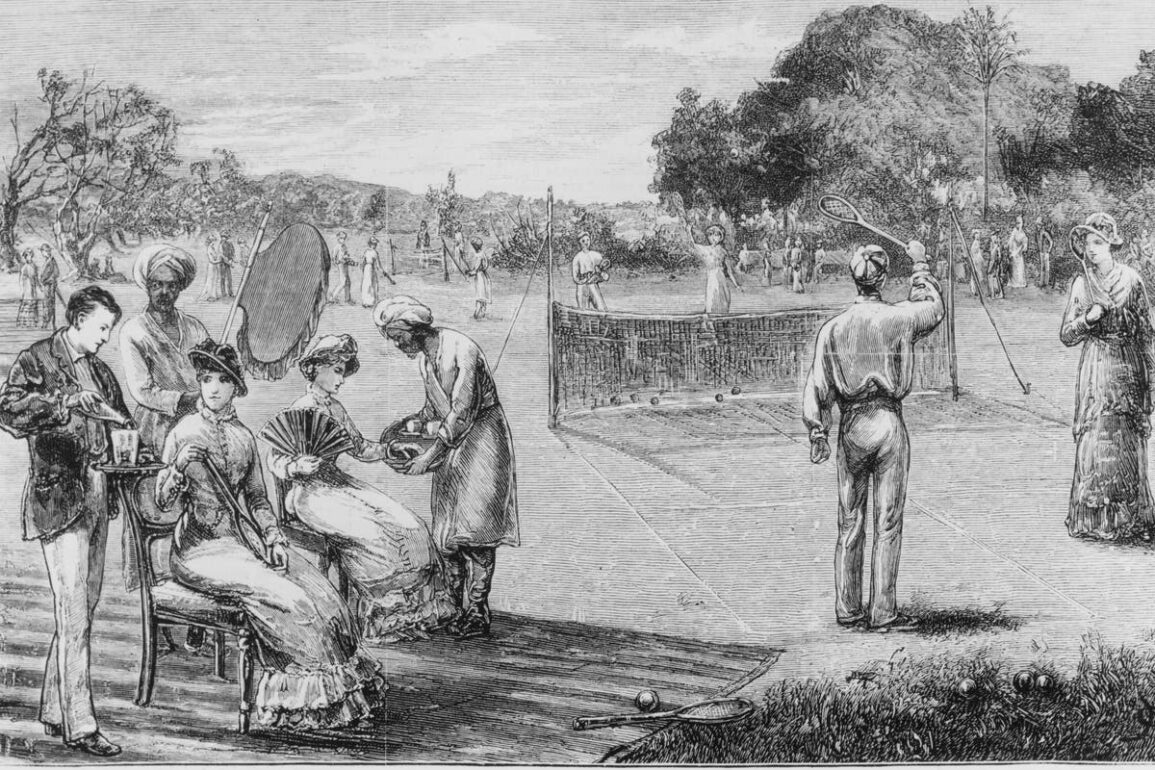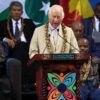
Your support helps us to tell the story
From reproductive rights to climate change to Big Tech, The Independent is on the ground when the story is developing. Whether it’s investigating the financials of Elon Musk’s pro-Trump PAC or producing our latest documentary, ‘The A Word’, which shines a light on the American women fighting for reproductive rights, we know how important it is to parse out the facts from the messaging.
At such a critical moment in US history, we need reporters on the ground. Your donation allows us to keep sending journalists to speak to both sides of the story.
The Independent is trusted by Americans across the entire political spectrum. And unlike many other quality news outlets, we choose not to lock Americans out of our reporting and analysis with paywalls. We believe quality journalism should be available to everyone, paid for by those who can afford it.
Your support makes all the difference.
A historian has suggested Britain return looted artefacts to its former colonies instead of vast sums in reparations, after an Oxfam report suggested India was owed over £52 trillion.
The report suggested that Western nations commit to providing former colonies with at least £4 trillion annually in reparations and “climate debt” – a sum reflecting the costs developed economies owe poorer nations for climate change.
The report, titled Takers not Makers: The Unjust Poverty and Unearned Wealth of Colonialism, said: “Oxfam calculates that between 1765 and 1900, the richest 10 per cent in the UK extracted wealth from India alone worth US$33.8 trillion (£27.38 trillion) in today’s money.”
It added that “this would be enough to carpet the surface area of London in £50 notes almost four times over”.
The figure of $64.82 trillion (£52.58 trillion) was not calculated by the report’s authors but was attributed to two Delhi-based Indian economists, Utsa Patnaik and Prabhat Patnaik.
“Reparations must be made to those who were brutally enslaved and colonised,” the report read. “Our modern-day colonial economic system must be made radically more equal to end poverty. The cost should be borne by the richest people who benefit the most.”
Rana Safvi, a leading Indian historian and author, questioned the practicality and implications of such large sums in monetary reparations. She told The Independent that there were concerns about the complexity of addressing historical wrongs and the risk of opening a Pandora’s box, considering the vast scale of past injustices worldwide.
“What they can actually return are the artefacts, the jewellery, the documents, the manuscripts, the paintings, all that has been looted from India should definitely be sent back,” she said. “Not just India, you know – all these museums all over the Western world are populated by things from Africa and Asia only.
“While the return of money may be chasing a fool’s dream, repatriating artefacts and treasures illegally taken from India is necessary and achievable.”
The Oxfam report drew sharp criticism from some other academics. Prof Lawrence Goldman, of St Peter’s College, Oxford, was quoted as saying by The Telegraph: “Oxfam depends on public trust in the accuracy of information it provides. Producing bogus history warped by ideology hardly encourages anyone to dig deep in their pockets and send them cash.”
He added: “There’s a reverse argument in which Indians should pay Britain for saving them from becoming part of the French overseas empire in the 18th century or being swallowed by Tsarist Russia in the 19th century, or being overrun by the Japanese in the 20th century, all of which were real threats.
“But arguments of this type, in which history becomes ammunition for a political assault, are worthless.”
An Oxfam spokesperson told The Independent: “Putting an exact figure on the cost of colonialism to countries like India will always be a source of debate. We believe the figure we quoted in the report is a reasonable one, but other estimates can be made.
“However, very few would dispute that Britain derived a significant financial benefit from its empire and its colonisation of India in particular, and that these benefits accrued mainly to the richest people in the UK at the time.”
The report said that in 2024 billionaire wealth grew three times faster than in 2023, with five trillionaires projected within a decade. Meanwhile, crises of economy, climate, and conflict mean the “number of people living in poverty has barely changed since 1990”.
Most billionaire wealth – 60 per cent – stems from inheritance, corruption, or monopoly power, Oxfam said. It said that the world’s inequality has roots in colonialism, which enriched the wealthy while exploiting marginalised groups, including women and racialised communities.
“This exploitation of people worldwide drove an explosion of wealth for rich people in rich countries and contributed to deep inequality in the Global South, often favouring an elite few at the expense of the many.”
The “Takers not Makers” report said this legacy persists, as wealth continued to flow from the Global South to the Global North at a rate of $30m (£24.5m) per hour. It noted that to address this imbalance, reparations for colonial exploitation and systemic reforms targeting the wealthiest are necessary to achieve equality and end poverty.
“Reparations to the victims must be made to ensure restitution, provide satisfaction, compensate for damages incurred, ensure rehabilitation and prevent future abuses,” it said.
An Oxfam spokesperson added: “Along with many other scholars and activists, we believe it is reasonable to ask the richest countries to pay reparations for the harm done by colonialism. It’s not about asking individuals who are already struggling to pay for the wrongs of the past, reparations should be financed by those who continue to profit from these systems, such as the wealthiest individuals and corporations, not ordinary people.”
“We are not saying that colonialism is the sole driver of inequality; other causes include monopoly power and cronyism and corruption. But colonialism, both historically and in the modern day is a crucial factor that must be addressed to create a more equitable future for all,” they said.
Oxfam International executive director, Amitabh Behar, said: “The capture of our global economy by a privileged few has reached heights once considered unimaginable. The failure to stop billionaires is now spawning soon-to-be trillionaires. Not only has the rate of billionaire wealth accumulation accelerated – by three times – but so too has their power.”
He added: “The crown jewel of this oligarchy is a billionaire president, backed and bought by the world’s richest man Elon Musk, running the world’s largest economy. We present this report as a stark wake up-call that ordinary people the world over are being crushed by the enormous wealth of a tiny few.”
Oxfam also suggested that governments cap top incomes, tax the rich, abolish tax havens, and reverse wealth flows from the Global South. “Inheritance needs to be taxed to dismantle the new aristocracy,” it said.
“Former colonial powers must also confront the lasting harm caused by their colonial rule, offer formal apologies, and provide reparations to affected communities,” the statement said.



